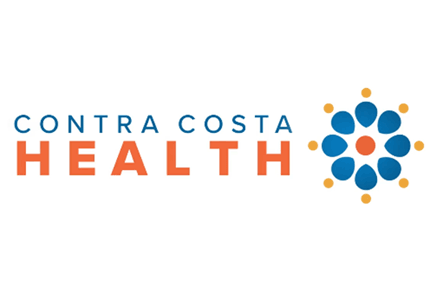Investigation Continues into Refinery’s Failure to Notify the Public of Hazardous Materials Release
A toxicologist hired by Contra Costa Health has determined that a release of spent catalyst in November 2022 did not increase risk to public health from exposure to hazardous metals in the soil.
The risk assessment, done by TRC, came to this conclusion after metals detected in 14 soil samples did not appear in similar ratios or quantities to spent-catalyst dust samples collected shortly after the accident at Martinez Refining Company (MRC) on Nov. 24-25, 2022. Metals detected in the soil samples were also within an expected range of levels typically found in the state.
“Contra Costa County has taken all steps to determine whether residents suffered any health consequences from November’s hazardous materials release. We are committed to holding MRC responsible for any impacts to the community and to ensuring that this type of incident does not happen again,” said John Gioia, Chair of the Contra Costa County Board of Supervisors.
MRC remains under investigation by the Contra Costa District Attorney for failing to notify authorities when a process upset released 20 to 24 tons of waste into the air, covering nearby neighborhoods in a dust that contained metals.
An oversight committee, which includes residents from affected areas, was appointed by the Board of Supervisors to investigate whether the release increased risk of health problems in the community due to environmental contamination and is also overseeing an independent community investigation of the cause of the release.
The County’s health officer, Dr. Ori Tzvieli, will lift a March health advisory that warned refinery neighbors not to eat produce grown in soil possibly contaminated by spent catalyst dust until environmental testing could be completed.
“Now that we have these results, I personally would have no issue eating fruits and vegetables grown in ground soil from one of the affected areas,” Dr. Tzvieli said.
The soil testing did underscore the fact that metals in the ground are a fact of life in developed areas like Contra Costa with heavy industry and agriculture. Metals found in the samples included lead and arsenic, once commonly used in pesticides, but the measured amounts did not suggest a link to the spent-catalyst release.
It’s important to note that there is no absolute safe amount of arsenic that humans and animals can ingest. But while most edible plants absorb some small amounts of arsenic, they usually do not contain enough to be a health concern.
Dr. Tzvieli said if people are worried they may have elevated levels of lead, arsenic or other metals on their property, they can grow produce in pots or raised garden beds using clean store-bought soil. He also recommends rinsing and/or scrubbing produce well and peeling root crops like potatoes and carrots.
The primary health risk from the spent-catalyst release happened in the initial hours and days after the refinery accident when people may have been exposed from breathing in dust particles. In response to community concerns about potential long-term health impacts, the County initiated the community risk assessment and soil sampling.
Soil-sampling sites were chosen using a plume-model map developed by the Bay Area Air Quality Management District and input from the Oversight Committee.
“We thank everyone for their patience as the Oversight Committee researched the impact of this incident on our community,” said Supervisor Federal Glover, who represents residents in areas affected by the release. “Industry has a responsibility to operate in a safe and responsible way. We will work tirelessly to hold them accountable when they don’t meet our standards.”
The root cause of the November hazardous materials release – and how a similar accident can be prevented in the future – is still being investigated by the County and the oversight committee. The District Attorney is considering legal action against MRC for not properly notifying the County of the release, which health officials learned about from social media.
For more information, visit our MRC oversight webpage.
Previous Stories:
- May 4 – Soil Sampling Being Done Around Martinez Refinery to Assess Health Risks
- March 7 – Health Department Safety Advice on Gardening to Residents who Live Near Martinez Refinery
- Feb 24 – County Offers Gardening Tip After Spent Catalyst Possibly Made Way into Martinez Soil
- Jan 5 – Health Department Asks DA to Pursue Legal Action Against Martinez Refining Company
- Dec 31, 2022 – Martinez Refining Company Says Maintenance Work Could Result in Flaring
- Dec 23, 2022 – Martinez Refining Company Statement on Thursday Flaring
- Dec 19, 2022 – Martinez Announces Town Hall Meeting to Discuss Martinez Refining Company Incidents
- Dec 14, 2022 – Contra Costa Health Recommends an Independent Investigation of Martinez Refinery Release
- Dec 9, 2022 – Flaring Friday Night at the Martinez Refining Company
- Nov 30, 2022 – Hazardous Materials Release at Martinez Oil Refinery Contained Heavy Metals
- Nov 29, 2022 – Test Show White Dust Released in Martinez Was “Spent Catalyst”
- Nov 28, 2022 – Ash-Like Substance Being Investigated in Martinez, Company Offers Free Car Wash

